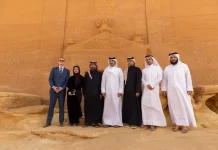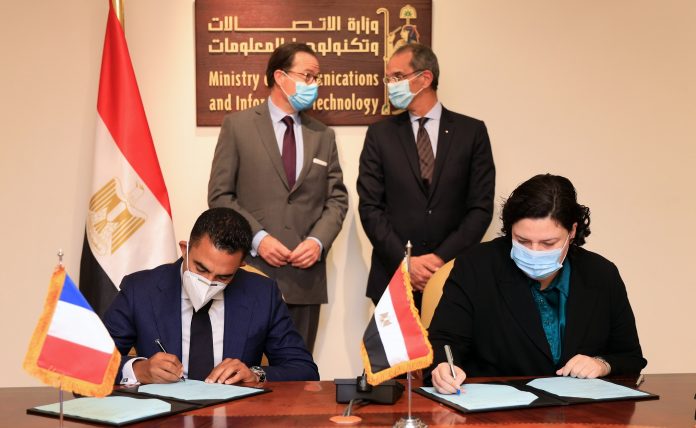The MCIT aims to fortify the AI industry in Egypt and develop local skills, technology, infrastructure and governance mechanisms to ensure its sustainability and competitiveness through its National AI Strategy. Leveraging Thales’ vision to develop sovereign capabilities through local innovation, education and industry, common projects will be identified to strengthen Egypt’s role as a regional leader and active global player in AI. Both seek to implement applications in fields such as ground transportation, e-government, mobility and smart infrastructure.
In a bid to accelerate innovation, the two entities will explore the capacity to build solutions across these industries, as well as the impact of AI on government, jobs, education, and the digital divide. Joint research will be conducted on AI ethics, explainability, and frugal learning in order to support the alignment on both countries’ stances on AI-related topics. This will be supported by general awareness campaigns and programs to educate the public on the opportunities and risks posed by AI, data privacy and separate myths from fact.
Thales and MCIT will also work closely with start-ups and organize hackathons to advance the professional development of local talents and enhance local capability.
AI is one of the key four technology pillars of Thales. Thales aims to drive and support the development of a certifiable, sustainable, explainable trusted AI. Thales TrUE AI, an approach introduced by the group in 2019, seeks to put the human back in control of high technology. It stands for Transparent AI, where users can see the data used to arrive at a conclusion, Understandable AI, that can explain and justify the results and finally an Ethical AI, that follows objective standards protocols, laws, and human rights.
“Egypt is keen on adopting and developing emerging technologies. This collaboration, which leverages AI for the benefit of citizens, accelerates our efforts of building a digital Egypt. The alliance also reflects the strategic partnership between Egypt and France in AI, as this marks the sixth consecutive MoU signed with our French partners in the past 18 months, and we look forward to more,” Dr. Amr Talaat, Minister of Communications and Information Technology said.
“The partnership with Thales is in line with the four pillars of the National AI Strategy, the first of which is capacity building, as we will collaborate in building the AI capabilities for the different segments of society. Additionally, we will also work on two more pillars, AI for Government (AI4G) and AI for Development (AI4D). These are achieved through developing AI-powered applications in different fields, as well as working to establish a common stance for Egypt and France for AI-related topics through conducting joint research on AI ethics,” he added.
“This MOU with the Ministry of Communications and Information Technology is an important milestone for Thales. The collaboration puts AI at the forefront of our joint projects, with an aim to provide smart and safe solutions and services for the smart cities of the future. The coming stage will focus on innovative solutions in fields such as ground transportation and e-government. Thales is committed to providing the best technologies and procedures in our joint projects.” Sherif Barakat CEO of Thales in Egypt.

























